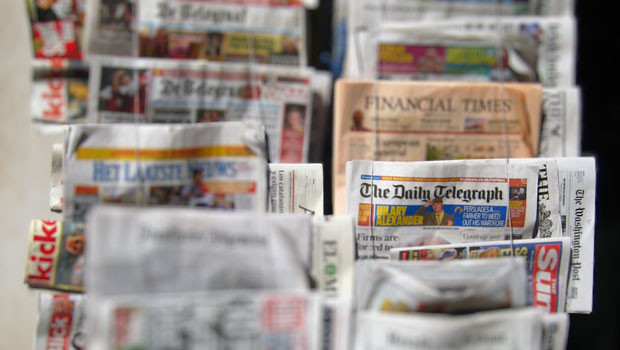Tuesday newspaper round-up: BNPL, Unilever, oil prices

The Trades Union Congress has accused the Tory government of promoting a “greed is good” culture among bankers, who it said would be able to “cash in on unlimited bonuses” after a cap on payouts was lifted on Tuesday. The TUC said that while ministers had repeatedly called for pay restraint for most workers, they had been “silent over excess in the City”. – Guardian
The City regulator has taken action after finding that customers of two leading buy now, pay later providers were “at risk of harm” because of potentially unfair and unclear small print. The US-based online payments group PayPal and the TV shopping channel QVC have changed the terms of their contracts after the Financial Conduct Authority (FCA) expressed “concern” over the impact to customers. – Guardian
Unilever is freezing its chief executive’s salary until 2026 as it tries to calm frustration among shareholders unhappy with the performance of the company which owns Marmite and Ben & Jerry’s. Hein Schumacher, who took over from Alan Jope in July, will not get any increase to his fixed pay packet of €1.85m (£1.62m) in 2024 or 2025, Unilever said. – Telegraph
MPs have accused Britain’s biggest high street banks of seeking “to do as little as they can get away with” on raising savings rates for customers. The Commons’ Treasury select committee stepped up its pressure after quarterly trading reports from banks over the past week and amid continued scrutiny from the financial regulator over their practices. – The Times
Oil prices could surge to a record high of more than $150 a barrel if the Israel-Gaza war escalates into a regional conflict, the World Bank has warned. Brent crude, the global benchmark price, rose from less than $85 a barrel before Hamas’s October 7 attack on Israel to exceed $93 a barrel on October 18, amid fears that escalation could result in supply disruption. Prices have receded slightly since and yesterday Brent was 1.7 per cent lower at $86.49. – The Times